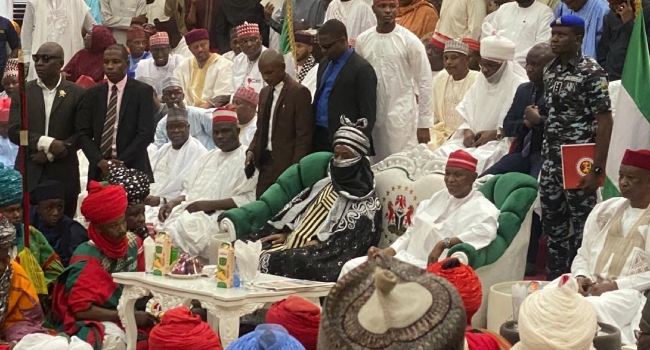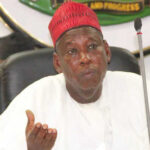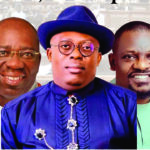
As the 2023 general elections draw closer, International Press Centre (IPC) has said about 250 journalists, who covered the 2019 polls, were molested and attacked in the course of discharging their lawful duties on election day.
The organisation, therefore, stressed the need for reporters to be provided with protective wears, including bullet-resistant vests ahead of polling.
IPC’s Executive Director, Lanre Arogundade, stated this at the presentation of outcomes on the centre’s analysis of trends in reportage of the 2023 election issues by 15 print and online newspapers for October and November 2022, yesterday, in Abuja.
The media monitoring is one of the activities being implemented by IPC under a European Union (EU)-funded project entitled, “Strengthening the media for fair, accurate, ethical and inclusive coverage of the electoral processes and elections in Nigeria.”
The newspapers monitored were: The Guardian, The Punch, Daily Sun, Vanguard, ThisDay, Nigerian Tribune, The Nation, Leadership, Daily Trust, Daily Independent and websites of the Independent National Electoral Commission (INEC).
The five online media assessed are: The Cable, Premium Times, Eagle Online, RealNews and The Authority
While stressing the need for security agencies to guarantee safety of journalists during the forthcoming polls,
Arogundade lamented that media professionals have become endangered species in the country.
He appealed to law enforcement agencies to ensure that what happened in 2019 does not repeat itself this year.
His words: “One thing is that as journalists, we must be ethical, professional and another thing is for a conducive environment to be provided for us. And that’s why I talked about the need for political parties and government to come together and ensure that we are protected as safety matters.
“Though no journalist was killed on election day in 2019, but 250 were molested across the country, including some of them, who were accredited, particularly by overzealous law enforcement agencies.
“Among the 250 were those who were also attacked while covering campaign activities. You will recall that when a governorship campaign was being launched in Lagos by one of the political parties, and there was a violence involving some party thugs, three of our colleagues in Lagos were shot, while some of them were hit by stray bullets.
“So we’re using this occasion to draw the attention of INEC, governments, security agencies and their own political parties to their own responsibilities if they want us to cover these elections effectively.”
Asked if there is need for security agencies to provide journalists with bulletproof vests, Arogundade responded: “I don’t know whether that would be a violation of Police Act, and I don’t know if it is allowed, but you see, we need to have this conversation with them. Bullet proof, why not, especially for cameramen. If the police can give us bullet proof once we are accredited, we will be happy about that. But beyond that, what we are saying is that on election day, know that your own life matters.”
In her remarks, Prof. Abigail Ogwezzy-Ndisika of the Department of Mass Communication, University of Lagos, who presented the report, described media reporting of the 2023 electoral process between the period under coverage as satisfactory.
She, however, called for more reportage of activities of vulnerable groups and other political parties aside the ‘big four.’
Ogwezzy-Ndisika stated: “The report presents state of the art on media reportage of elections in Nigeria. It also helps us to have practical direction on what we should do as journalists so that we can deepen democracy, knowing that the media is a critical institution in elections.
“So it’s very important that we do a review of what we have done and the strength of our work, where the gaps are so that we can fill them to make impact in the electoral process come February this year.
“So, I think that it’s a kind of self-evaluation that we have done.”
Speaking on the findings, she lamented that inclusivity was poor in terms of sourcing of news, adding that most media organisations analysed were practically reporting people, who they have always reported.












